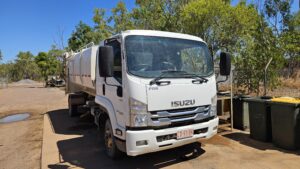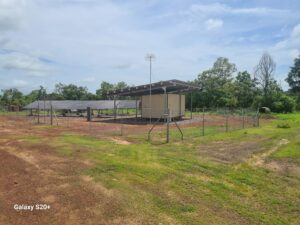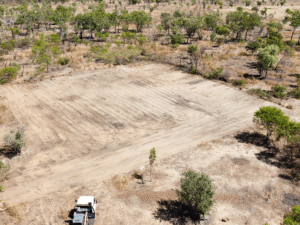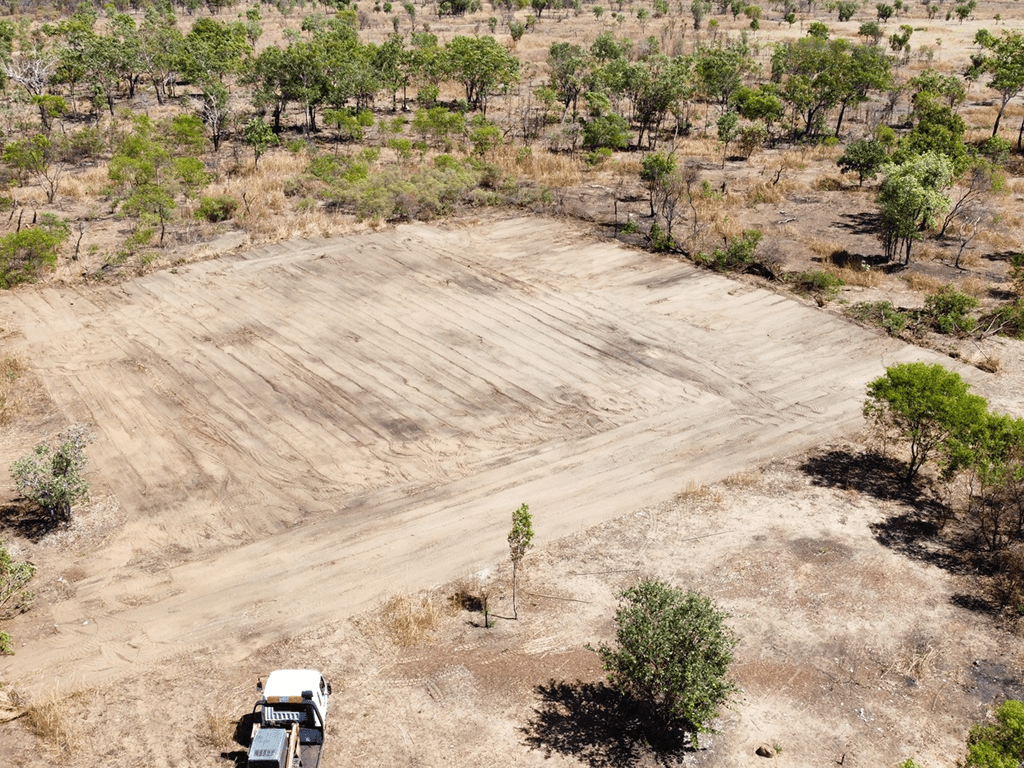In the remote corners of the Northern Territory, where vast landscapes stretch as far as the eye can see and traditional power lines are scarce, the need for a reliable and sustainable power source is more crucial than ever. Communities in these regions often rely on diesel-powered generators to meet their energy needs, but there’s a growing trend of turning to solar power as a more efficient, cost-effective, and sustainable solution.
The Challenges of Diesel Gensets in Remote Areas
For many small homelands in the Northern Territory, diesel generators have been the primary source of power for decades. While these gensets can provide electricity in places where the grid is unavailable, they come with a number of challenges:
- High Fuel Costs: Diesel is expensive, and when it has to be transported long distances to remote locations, the cost of fuel rises even higher. The ongoing expense of filling up the generator is a constant drain on resources, and for many small communities, this becomes an unsustainable financial burden.
- Maintenance Requirements: Diesel generators require frequent maintenance to keep running smoothly. This includes regular oil changes, air and fuel filter replacements, and engine inspections. In remote areas, it can be difficult to find qualified technicians, and spare parts are often hard to come by, leading to downtime and additional costs.
- Environmental Impact: Diesel generators are not the cleanest source of power. They produce emissions that contribute to air pollution and climate change, which is especially concerning for communities that are closely connected to the land and nature.
- Unreliable Power Supply: Diesel generators can sometimes fail, especially in harsh conditions or when overworked. Power outages can be more frequent, leaving communities without electricity for extended periods and impacting essential services like healthcare, communication, and education
Solar Power: A Game Changer for Remote Communities

The good news is that solar energy has emerged as a powerful alternative to diesel generators. By tapping into the abundant sunlight that the Northern Territory enjoys year-round, communities can now generate their own electricity, significantly reducing their reliance on expensive and polluting diesel fuel.
Here’s how solar power is making a difference:
- Reliable Power Supply: Solar power systems provide a constant and dependable source of electricity, even in the most remote areas. Once installed, solar panels harness the sun’s energy during the day, which can be stored in batteries for use at night or during cloudy periods. This ensures that communities have access to a steady supply of power without the unpredictability of diesel generators breaking down.
- Cost Savings: While the initial investment in solar panels and battery storage can seem significant, the long-term savings are undeniable. With no fuel costs and minimal maintenance requirements, solar power systems significantly reduce the ongoing operational costs compared to diesel gensets. The savings add up quickly, and after a few years, the system essentially pays for itself.
- Reduced Maintenance: Solar power systems have very few moving parts, meaning there’s much less wear and tear compared to diesel generators. Maintenance typically involves cleaning the panels and checking the battery systems, which is far less frequent and complex than the upkeep required for diesel generators. This makes solar an especially attractive option for remote communities where access to maintenance services is limited.
- Environmental Benefits: Solar power is a clean and renewable energy source. It doesn’t emit greenhouse gases or contribute to air pollution, making it a far more environmentally friendly option compared to diesel. For communities that value sustainability and living in harmony with the environment, solar power is a natural fit.
- Energy Independence: By investing in solar power, small homelands in the Northern Territory can gain a greater degree of energy independence. Rather than relying on external suppliers and the fluctuating cost of diesel, communities can generate their own power and become more self-sufficient. This can also foster a sense of empowerment, as communities are no longer at the mercy of external factors to keep the lights on.
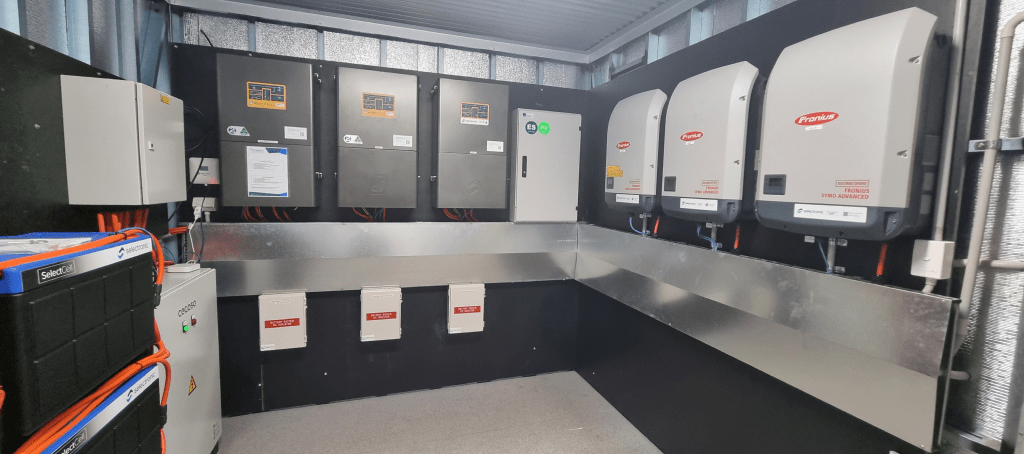
A Brighter, Cleaner Future for Mudginberri Homeland, funded by Aboriginal Benefits Account (ABA)
The shift to solar energy in the small homelands of the Northern Territory is a positive step toward a more sustainable, cost-effective, and reliable energy future. By reducing dependence on diesel generators, these communities are not only saving money but also taking control of their energy needs in a way that aligns with environmental goals and long-term sustainability. Solar power offers a way forward—one that brings reliable electricity, economic savings, and environmental benefits to some of the most isolated regions of Australia.
The sun is always shining in the Northern Territory, and it’s time to harness its power for the benefit of the communities that call this rugged, beautiful landscape home.

